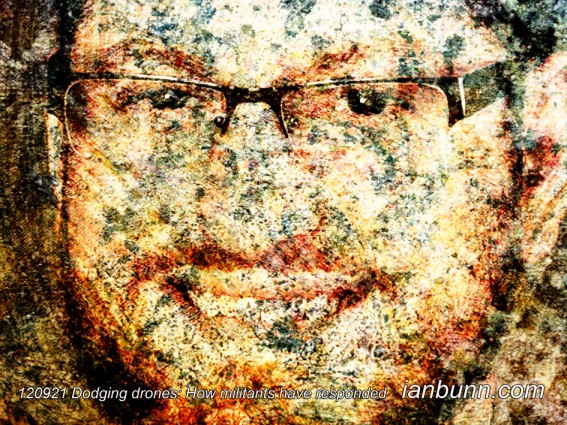 Dodging the drones: How militants have responded (September 21 2012)
Dodging the drones: How militants have responded (September 21 2012)
Aaron Y Zelin the American researcher focusing on Salafi politics, global jihadi activism and reactions to the uprisings in the Middle East and North Africa has published an article on Afpak titled ‘Dodging the drones: How militants have responded to the covert US campaign’. Zelin states “Over the past decade U.S. drone strikes have killed between 1,800 and 3,100 people in Pakistan, along with hundreds more in drone attacks in Yemen and Somalia, as a result of the United States’ efforts to combat al-Qaeda and its affiliates. The rise in strikes since the beginning of the Obama administration, and the growing stridency of questions surrounding the legal, moral, and practical efficacy of the program, have led to a lively debate among the commentariat. This debate is indeed important, but it is also crucial to understand how the drone program has affected the jihadis, and how jihadis have deployed the issue of drones in their propaganda. This is a necessary part of gaining a wider understanding of whether the program is a worthwhile endeavor. …In the documents collected by Navy SEALs during their raid of Osama bin Laden’s compound in Abbottabad, Pakistan last May, bin Laden nicknamed Pakistan’s tribal areas the “circle of espionage” for the network of spies that helps identify targets and place tracking devices for the strikes. …The fear of infiltrators has created an atmosphere of paranoia within the jihadi movement, and has led many of al-Qaeda’s operatives in the Pakistani tribal areas to move to more urban areas like Karachi. …Bin Laden also suggested that individuals flee to Afghanistan’s Kunar province, where he thought they would be safer from the spy networks that have supported the drone campaign.”
Inspired by Afpak http://ow.ly/dEopj image source Washinton Institute ow.ly/dEonO

